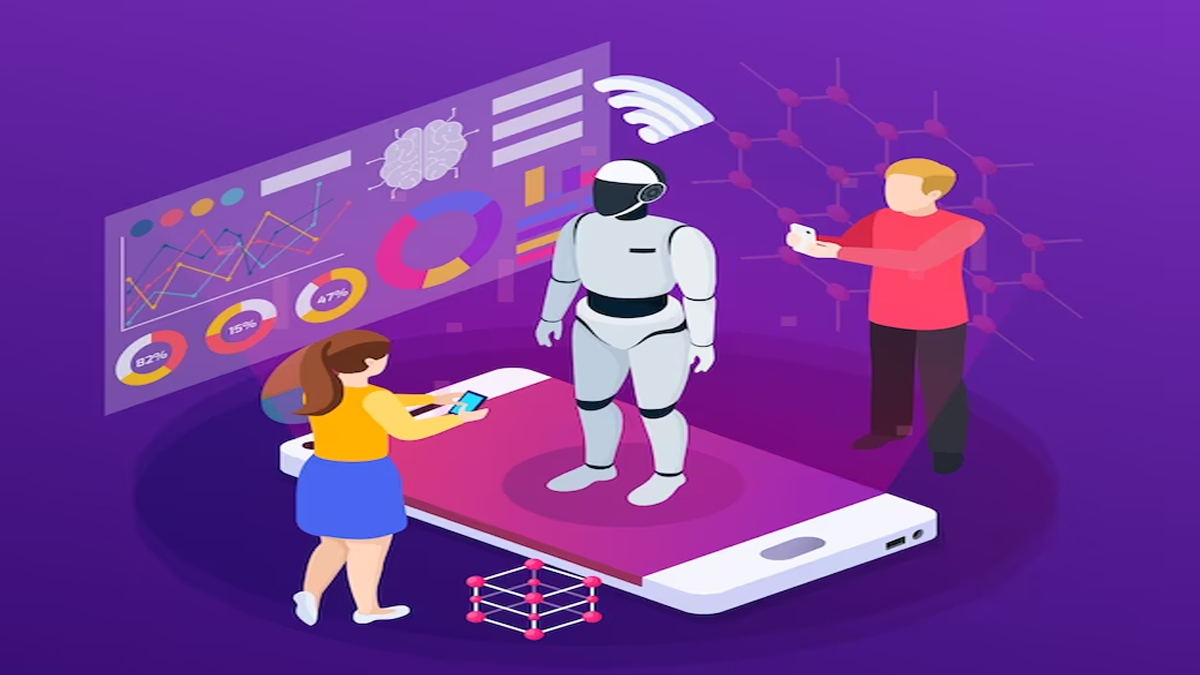The general principles of copyright law apply to AI-generated content, but there are some unique considerations and challenges involved.
In most jurisdictions, copyright protection is granted to original works of authorship fixed in a tangible medium of expression. These works can include literary works, artistic works, musical compositions, and more. Copyright protection arises automatically upon creation of the work, without the need for registration or other formalities.
When it comes to AI-generated content, the question of authorship and ownership becomes crucial. In traditional creative works, the author or creator is typically a human being, and they are considered the rightful owner of the copyright. However, in the case of AI-generated content, the lines can blur, as the content is created by an autonomous machine.
There are different perspectives and legal approaches to determining authorship and ownership in AI-generated content. Some argue that the AI itself should be considered the author and owner of the copyright, while others believe that the human who created or trained the AI should be considered the author and owner.
In some jurisdictions, the legal framework is still catching up with these challenges. For example, in the United States, the U.S. Copyright Office has clarified that works produced by a machine or an AI without any human intervention are not eligible for copyright protection, as copyright law requires human authorship.
However, if a human is involved in the creative process, such as providing input, selecting the parameters, or making creative decisions, they may be eligible for copyright protection. This means that if an AI is used as a tool by a human creator, the human creator may be considered the author and owner of the copyright in the resulting content.
It’s important to note that copyright protection only extends to the expression of ideas, not to the underlying ideas or facts themselves. This means that even if AI-generated content is protected by copyright, the ideas or concepts behind it may still be used by others for their own creations.
The evolving nature of AI and its impact on copyright law has sparked debates and discussions worldwide. Some argue for the need to update copyright laws to account for AI-generated content, while others propose alternative frameworks or licensing schemes to address the unique challenges presented by AI.
Overall, the area of copyright protection for AI-generated content is still developing, and legal approaches may vary across jurisdictions. It is advisable for creators, users, and policymakers to closely monitor developments in this field to ensure adequate protection and appropriate regulation of AI-generated works.
